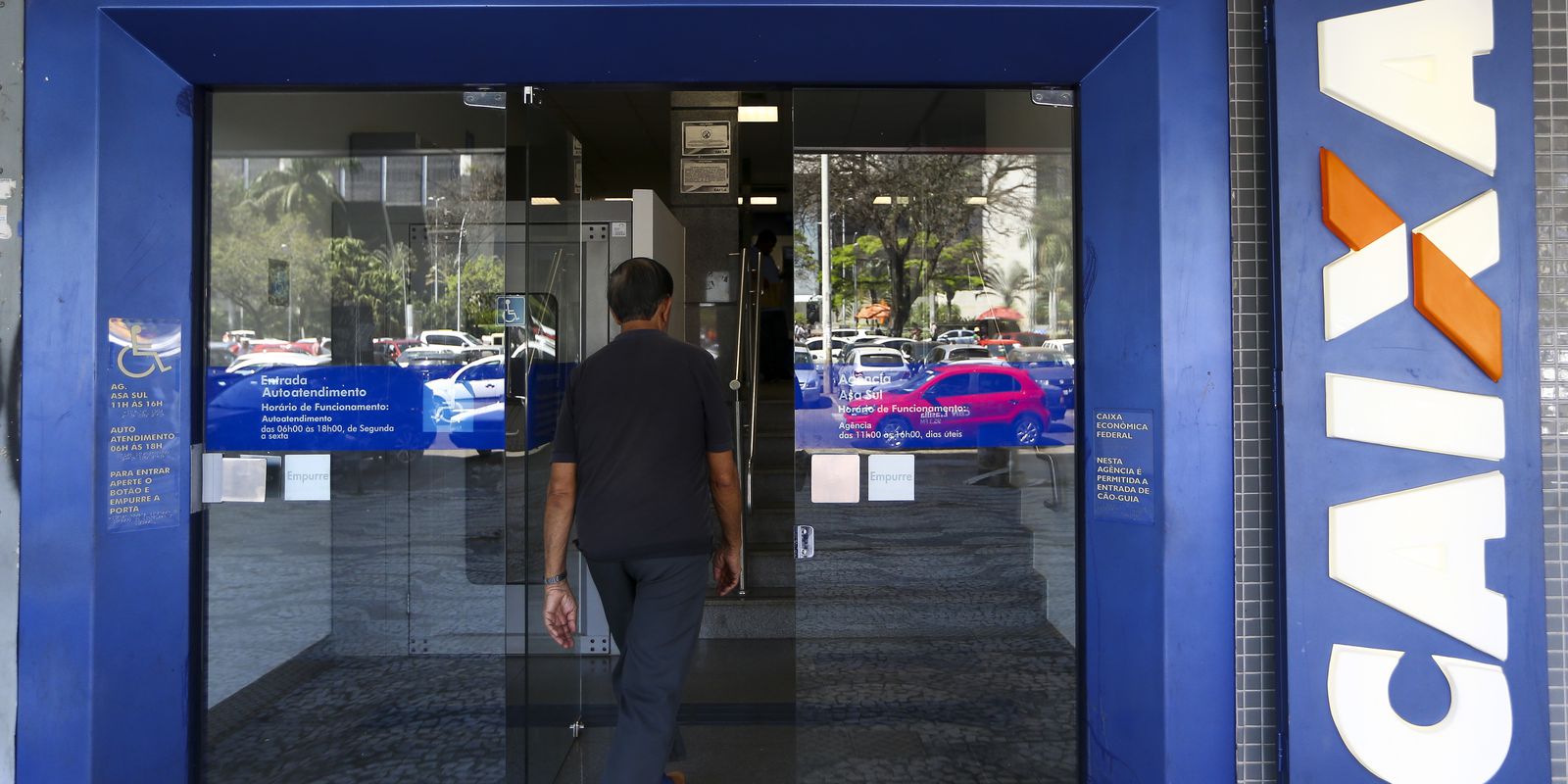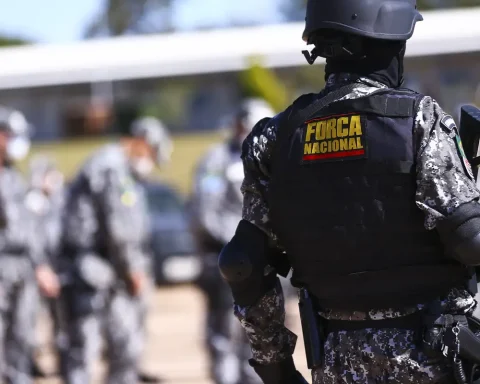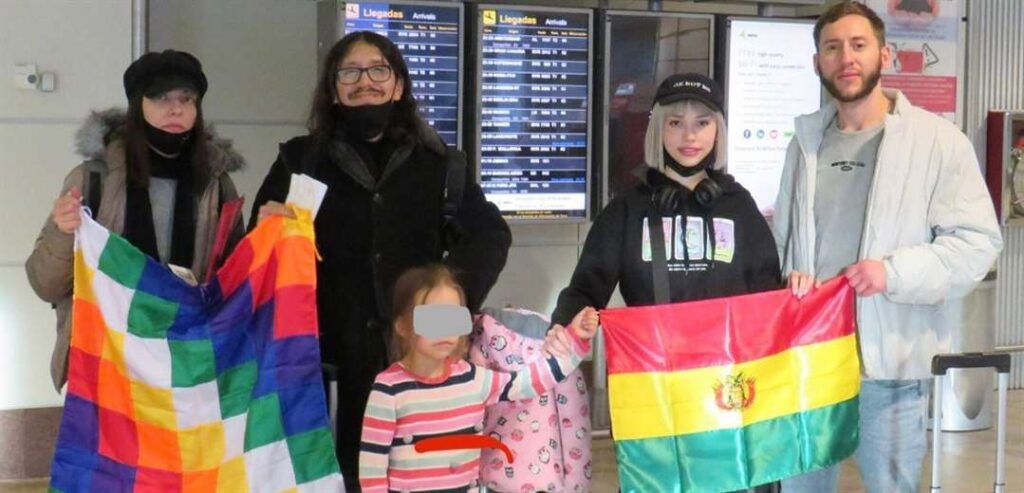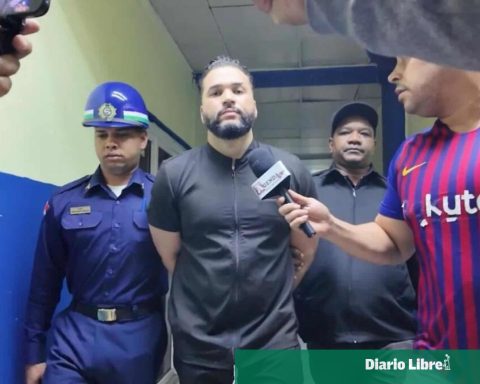The Severance Indemnity Fund (FGTS) can be withdrawn in different situations, such as unfair dismissal, termination of contract, retirement, natural disasters, among others. One of them is in case of serious illness or important health needs, such as placement of prostheses. In 2021 alone, according to Caixa Econômica Federal, the fund manager, more than 440,000 workers accessed the benefit for these reasons. 
According to the rules in force, the FGTS account can be used when the worker has HIV/AIDS, has cancer or is in the terminal stage of other serious diseases, or has severe heart disease, mental alienation, blindness, radiation contamination. , Parkinson’s disease, active tuberculosis, irreversible/disabling paralysis, ankylosing spondyloarthrosis, leprosy, severe liver disease, severe nephropathy or advanced stage Paget’s disease (which affects the bones).
Access to the resource can also be made if the person affected by the disease is dependent on the worker who holds the linked account. If authorized, in these cases, access will be to the total available balance in the fund.
The worker can also access the FGTS resource to buy a prosthesis or orthosis. In this case, however, the person must be prevented from acting fully in the market for at least two years. In addition, the amount that can be withdrawn will be limited to the price of the corresponding prosthesis or orthosis.
The list of necessary documents and forms to be filled in in case of requesting the benefit can be consulted directly at cashier page on the Internet. This request can be made in person at Caixa branches or via the internet and applications for electronic devices, such as tablets and smartphones.
If the request is denied, the worker may file an administrative appeal up to 30 days after the issuance of the report by the medical expert who will analyze the request. If the denial persists, the applicant still has the option of taking legal action.
“The Federal Public Defender’s Office provides free legal assistance to those who cannot afford a lawyer. Thus, if an application has been rejected, the worker or his dependent can look for the nearest unit of the Public Defender’s Office to carry out an analysis of the case. case and, eventually, file the lawsuit”, explains lawyer Rodrigo Alvez Zannetti, public defender of the Union.
*With information from TV Brasil.
















